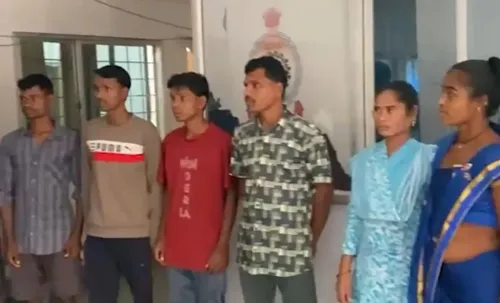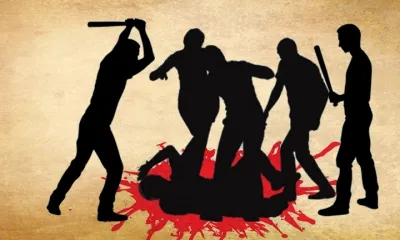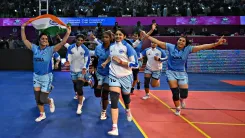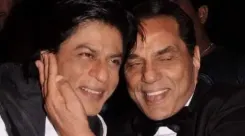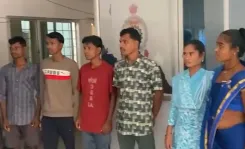Will 14 Advocates be Elevated as Judges of the Bombay High Court?
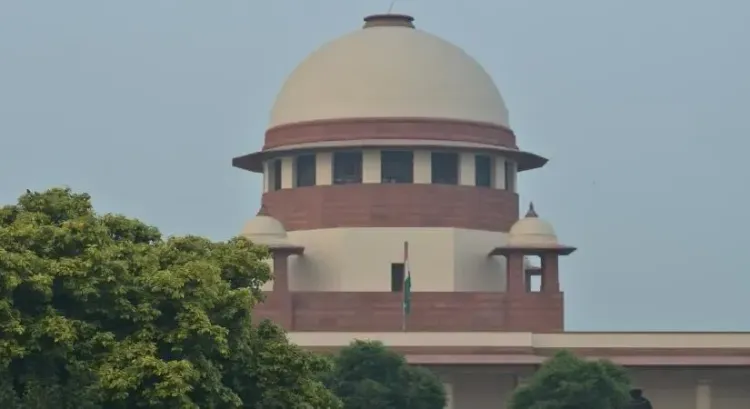
Synopsis
Key Takeaways
- 14 advocates recommended for judgeship
- Led by CJI B.R. Gavai
- Strengthening the judiciary in India
- Comprehensive appointment process outlined
- Impact on legal framework and justice delivery
New Delhi, Aug 20 (NationPress) The Supreme Court Collegium, led by Chief Justice of India (CJI) B.R. Gavai, has put forth a recommendation for promoting fourteen advocates to the position of judges at the Bombay High Court.
The Chief Justice of the Bombay High Court, in coordination with his two senior-most colleagues, has submitted the names of advocates Nandesh Shankarrao Deshpande, Amit Satyavan Jamsandekar, Ashish Sahadev Chavan, Vaishali Nimbajirao Patil-Jadhav, Abasaheb Dharmaji Shinde, and Farhan Parvez Dubashto for elevation to the Bench.
During a meeting on Tuesday, the apex court Collegium officially approved the proposal to appoint these advocates as judges of the Bombay High Court.
In a separate announcement, the Supreme Court Collegium also endorsed the appointment of eight additional advocates to the Bench.
"The Supreme Court Collegium convened on August 19, 2025, and has sanctioned the appointment of the following advocates as judges of the Bombay High Court: (i) Shri Siddheshwar Sundarrao Thombre, (ii) Shri Mehroz Ashraf Khan Pathan, (iii) Shri Ranjitsinha Raja Bhonsale, (iv) Shri Sandesh Dadasaheb Patil, (v) Shri Shreeram Vinayak Shirsat, (vi) Shri Hiten Shamrao Venegavkar, (vii) Shri Rajnish Ratnakar Vyas, and (viii) Shri Raj Damodar Wakode," stated an announcement posted on the apex court's website.
According to the memorandum of procedure (MoP) that governs High Court judge appointments, the process must commence with the Chief Justice's initiative.
If the Chief Minister intends to propose any names, those must be sent to the Chief Justice for evaluation. Subsequently, the Governor, guided by the Chief Minister, should forward their recommendations and all relevant documentation to the Union Minister of Law & Justice promptly, ideally within six weeks from receipt of the proposal from the Chief Justice of the High Court.
The Central government conducts a review of the proposal along with additional background information before it is sent to the CJI, who then consults the two senior-most judges of the Supreme Court prior to finalizing a recommendation.
Post-consultation, the CJI is expected to forward his recommendation to the Union Minister of Law & Justice within four weeks. Following the signing of the appointment warrant by the President, the Secretary of the Department of Justice will notify the Chief Justice, and a copy of this notification will be sent to the Chief Minister, who will subsequently announce the appointment and issue the requisite notification in the Gazette of India.



